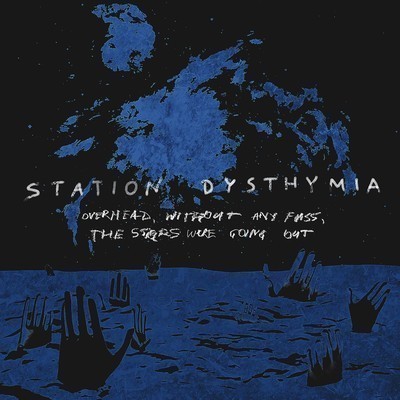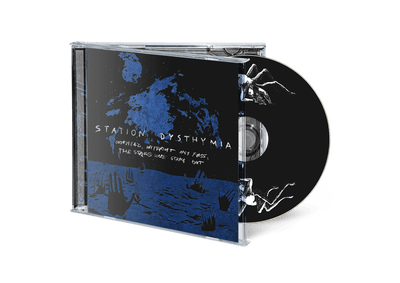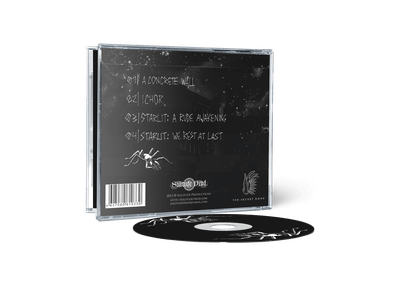Долгожданный полноформатный альбом сибирской funeral doom metal группы Station Dysthymia, поднимает консервативный жанр на новый уровень. Взяв название из произведения Артура Кларка «Девять миллиардов имен Бога» этот непредсказуемый альбом, сработанный по канонам funeral doom, переходит в поле научной фантастически, сочетая в себе традиции музыкального направления и литературных научных теорий. Сами музыканты основные идеи альбома видят в преломлении личной трагедии человека в трагедии всего человеческого общества, направившего себя на путь саморазрушения. Это описание конца Мира, как его видит группа: гитарный плотный звук в сочетании с гроулом в различных звуковых и эмоциональных тонах рисуют чувства человечества, впавшего в апатию и идущего к самоуничтожению. Выстраивать мрачные ландшафты группе помогали Грег Чандлер из группы Esoteric, проведший сведение и мастеринг на своей студии в Англии, а также M. Hater и I. Stellarghost из группы Abstract Spirit , выступившие в качестве приглашенных музыкантов.
Треклист:
1 A Concrete Wall 34:45
2 Ichor 18:30
3 Starlit: A Rude Awakening 9:30
4 Starlit: We Rest At Last 9:40
Артист:
Station Dysthymia
Страна артиста:
Russia
Год альбома:
2013
Название:
Overhead, Without Any Fuss, The Stars Were Going Out
Стиль:
extreme funeral doom
Формат:
Compact Disk
Тип:
CD
Упаковка:
Jewel Case
Лейбл:
Solitude Productions
Кат. номер:
SP. 074-13
Год издания:
2013
Штрих-код:
4627080610330
Страна-производитель:
Russia
























































